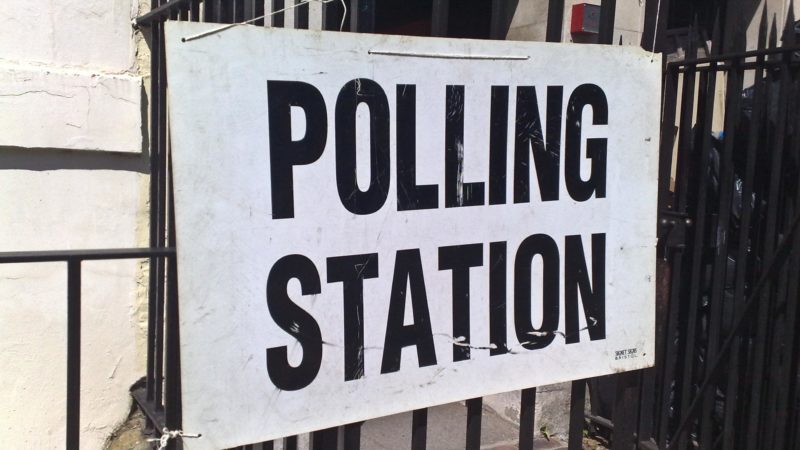Two recent reports on labour's election defeat are deeply flawed when it comes to 'community organising' and traditional campaigning, says Richard Bourne.

The impact of local campaigning in a general election has been the subject of rigorous research, but it appears that research isn’t always factually correct.
Two recent reports, after the contents of them were leaked, proved this with a number of factual errors and a confusion between correlation and causation. One report to the NEC of the Labour Party argued for the success of a new approach by labelling community organising in local campaigning. The second from The Guardian displays how more local contacts during an election have substantial impact.
Detailed election research has been conducted, especially for recent ones including the Constituency Campaigning at the 2017 General Election. Analysis on 2019 will come once more data is gathered. Research here and in the US has looked at what is and isn’t effective in terms of local campaigning.
There is a small but significant impact from local campaigning of the order of one to two per cent of the electorate. In a Labour party study a few years ago, the figure was 1.6 per cent. National campaigns are far more important; local campaigns have impact through effective mobilisation (GOTV) not through changing voting intentions.
One paper argues that “traditional techniques” work and add 2% to the vote for every 10,000 contacts. The right order of magnitude again but probably overstating the value as the impact of other (probably correlated) variables is not factored in.
Traditional campaigning is also sometimes criticised though. This paper claims evidence that new campaigning techniques added up to two percent. It contradicts other research by claiming this was by changing voting intentions not by more efficient GOTV. The papers argument is against “traditional” techniques based on doorstep and other canvassing to increase the chance that Labour supporters actually do vote.
Supporters of the new methods argue against targeting canvassing and effective GOTV. They believe every door should be knocked on and that even those who are known to be non-voters or opposed should be engaged in conversations to try and persuade them to vote for Labour; or to convince them that Labour is listening to them. To do this organisers train as many volunteers as possible in how to have these conversations. This operates largely outside the traditional organisation.
It is claimed that this is based on how Bernie Sanders uses new ideas and recruits many volunteers to overcome the lack of funding which hampered his campaigns. So far there is little evidence if any that this alternative approach could have any impact in a general election in the very different UK system.
Actually, there is much evidence that doorstep conversions do not happen. And even if they do, consider this: someone whose voting intention is altered by a brief doorstep conversation with a stranger may well change the intention again after another conversation.
None of this argues that Labour should not be engaging with communities and electors through local organisation during an election and also outside of the election period. Labour’s many councillors will be will be this doing anyway. It just points out evidence for the impact of this on electoral behaviour is weak.
It is also obvious, although less well-documented and studied, that in local (ward etc) elections the local effort and good election winning focused organisation can be very significant.
There is no evidence so far from proper research that community organising as a substitute for “traditional” methods of campaigning has any significant impact on general election results.
An interesting study would try to examine what outcomes might have been achieved had the huge and expensive efforts devoted by Labour to promoting community organising had instead been spent on more effective election organising.
Richard Bourne is the former Chair of the Socialist Health Association.
To reach hundreds of thousands of new readers and to make the biggest impact we can in the next general election, we need to grow our donor base substantially.
That's why in 2024, we are seeking to generate 150 additional regular donors to support Left Foot Forward's work.
We still need another 124 people to donate to hit the target. You can help. Donate today.



